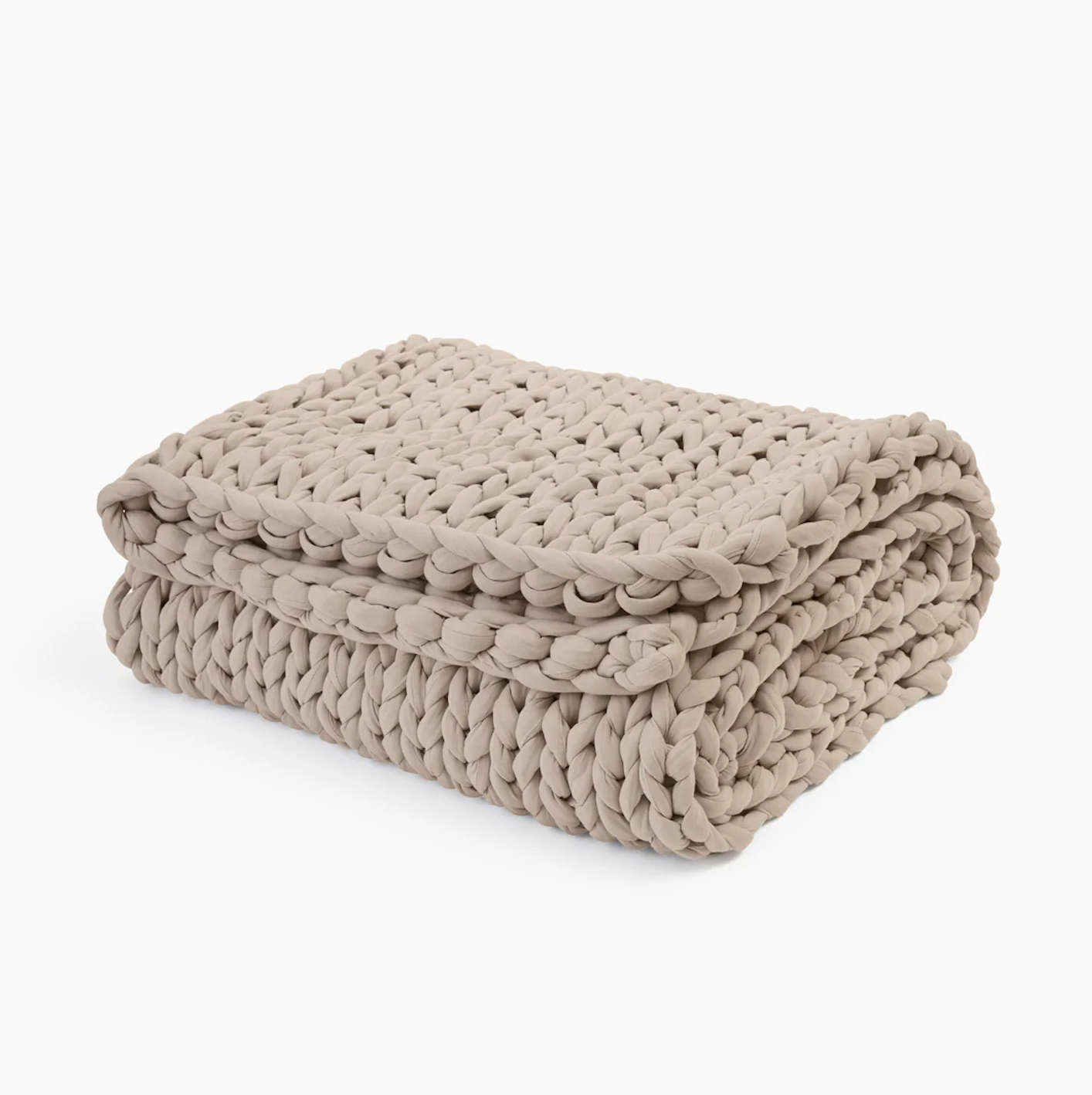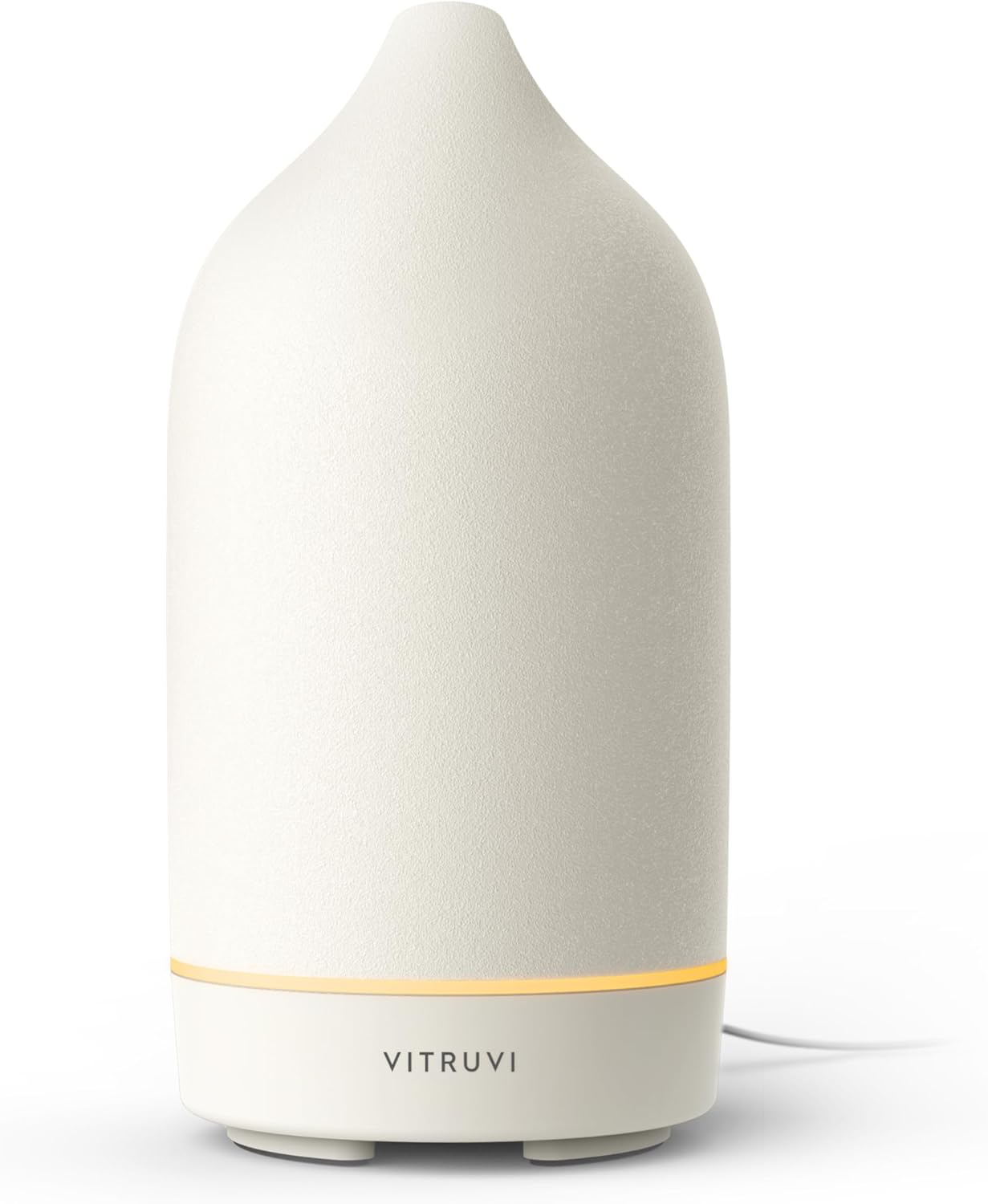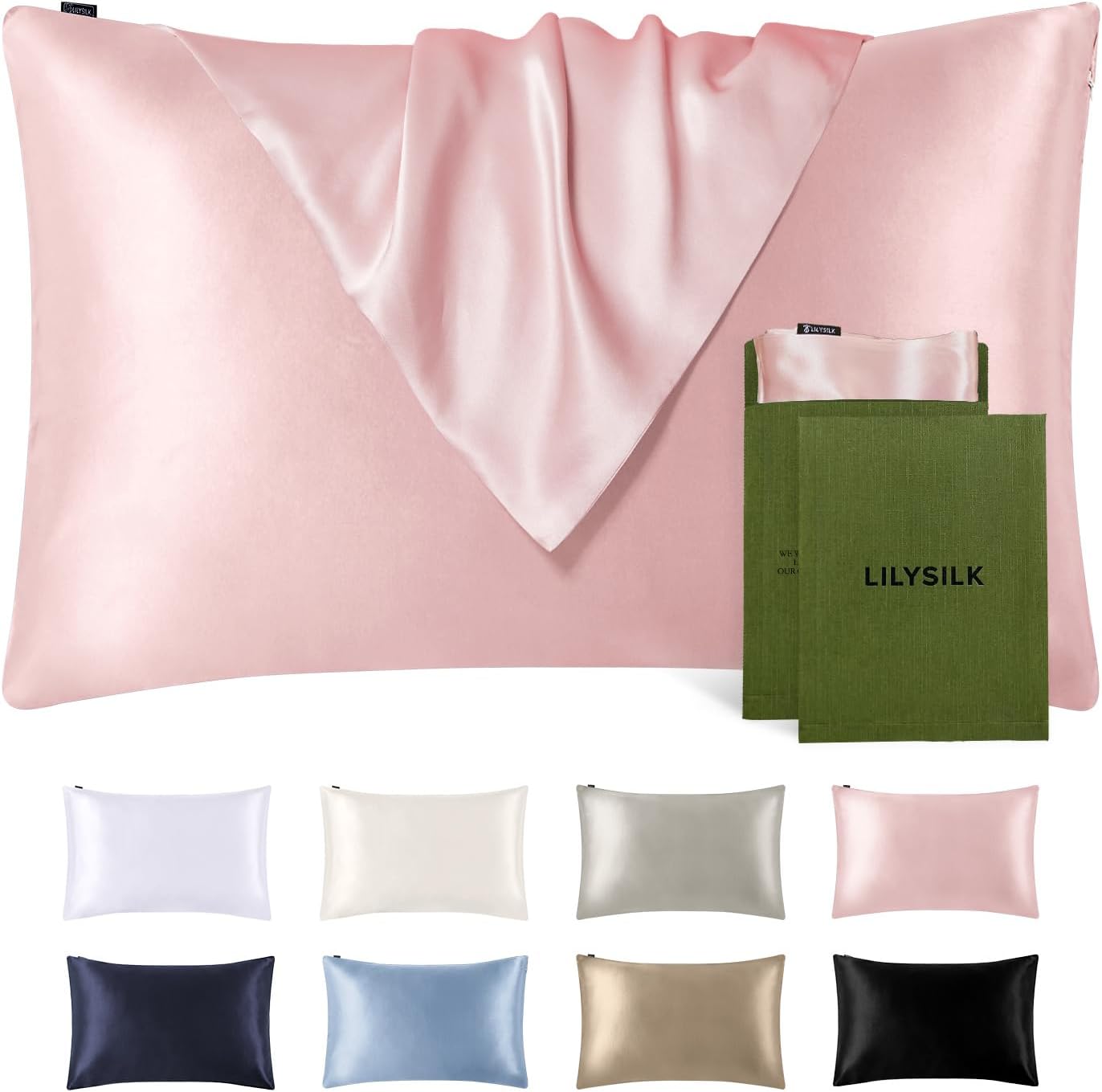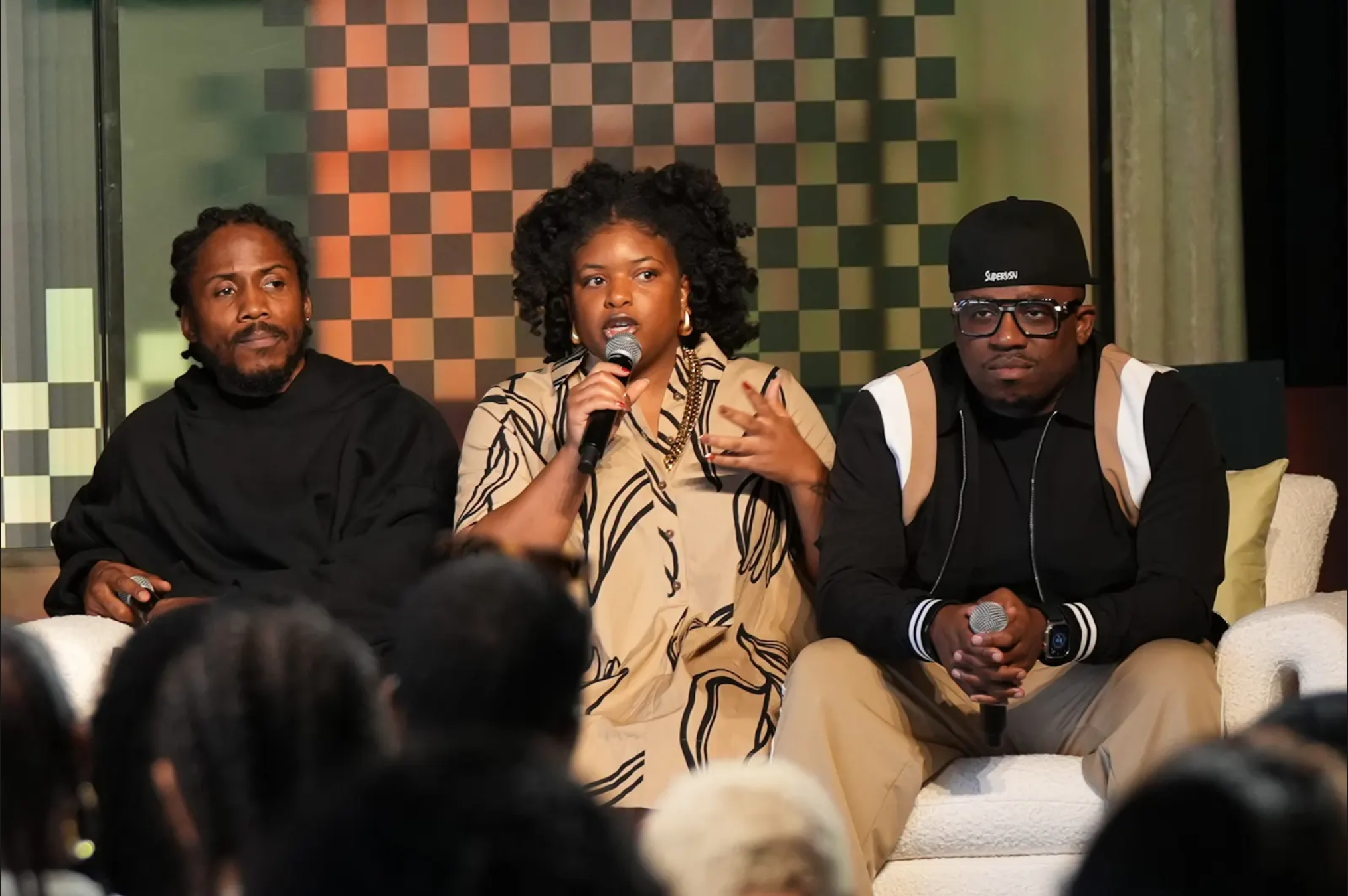
Ladies, we get it. After mind-blowing sex, some of us may want to hug, but what if your partner isn’t into it? Before assuming the worst, try to put yourself in their shoes. Perhaps, they need to catch their breath and have some time to cool down, or it could be a physiological and emotional issue that goes deeper than cuddling after an orgasm. Chanta Blue, MSW, LCSW of Blue Counseling and Wellness Center, believes it’s hard to pinpoint one reason a partner isn’t affectionate after sex. Still, a common cause is the sudden physiological change that occurs subsequently right after sex. “During sex, a build-up of hormones and mood-boosting chemicals are released during orgasm. That sudden drop of chemicals can cause some folks to withdraw to deal with the shift,” she says to ESSENCE.
However, the lack of affection could also stem from unaddressed emotional traumas. “Another reason some folks tend not to be affectionate after sex is related to the emotional/attachment traumas they have experienced throughout their life. A person’s attachment style impacts how they navigate intimate relationships. Engaging in deeper forms of intimacy may be uncomfortable if they have an insecure attachment. They may see cuddling and other forms of affection after sex as too vulnerable for them,” she shares. Another reason a partner isn’t affectionate after sex is that they don’t know you want to connect physically after it ends.
DeShelle Burrowes, LPC, CLC, CMIP, psychotherapist, and empowerment coach, of The Pathway to Wellness, LLC, suggests that after sex, attraction can feel differently than before because of perceived expectations not being met, or they aren’t that into you. Erica Butler, sex educator and founder of Happ E. SexTalk, LLC, says sex could trigger somatic (body) responses. Regardless of the outcome, your partner may need to process what emotions this has brought up for them.
Lastly, Dr. Natalia Fuller, psychiatrist, certified sex therapist, and founder of MindBodySex LLC, suggests the lack of affectionate behavior is caused by PCD (Post-Coital Dysphoria), which is the experience of sudden or unexplained sadness, anxiety, or irritability after sex, as it may be common for individuals with this condition to feel withdrawn after sex and their moods to shift. We also can’t forget about cultural or societal factors, as in some communities, it may be considered inappropriate to express affection openly, particularly after sex. In all these scenarios, open and transparent communication about needs, wants, desires, and expectations is essential, especially in your sex life. It can be frustrating not to receive openness and affection from your partner, so we’re sharing several solutions to help them remain engaged, affectionate, and playful after sex.
Healthy communication.
The best way to keep you and your partner engaged with each other as a couple is to discuss what you need when it comes to sexual aftercare suggests Butler. “Whether that’s cuddling, pillow talk, watching tv, talking about the moments that brought the most joy and pleasure, snacking, getting hydrated, taking a shower, sleeping, or even just silence. More importantly, make you both understand that those needs and desires for this time after sex could change for either of you and what matters is that everyone feels safe sharing what you need from your sexual partner and vice versa. Communication is the key to making sex more consent-friendly, fun, pleasurable, and engaging,” she says.
Blue agrees, “The best way to help a partner become more engaged after sex is to converse with them. Find a neutral time and place (not right after sex or in the bedroom) when you both are relaxed and not distracted. Explore each other’s needs for post-coital activities. This is your opportunity to let them know what you would like after sex and to gain more understanding about what they may want as well. In the kink and BDSM world, we call this establishing an aftercare plan. Aftercare is a way to check in and support each other’s needs after sex. Some folks will need some physical and verbal affection, while others may want to get something to eat or drink. And some may want to sleep or watch TV,” she shares.
Don’t make assumptions, and be flexible.







Blue also believes that a lot can vary a lot in terms of what people may need after sex, and there is no right or wrong way, and what’s most important is that you don’t assume that your partner knows exactly what you want or need if you haven’t communicated it to them. However, if after you have clearly verbalized your expectations to your partner and they still do not want to engage with you in a way that you need, it may be time to pivot and come to terms with leaving the relationship.
Explore what makes you both feel good.
Dr. Fuller suggests becoming creative in the bedroom to figure out ways to help your partner become more comfortable with affection. “Start slow, and work up to making your partner more comfortable. Touch parts of their body that they don’t mind you rubbing, read to one another after, have dessert together in the bed, or massage,” she says. She continues, “If your partner shows no interest in being intimate after sex, you might feel like they’re not attracted to you anymore, which can cause you to question yourself. You might be asking yourself what’s wrong with you. This can make you feel like you’re not good enough, resulting in low self-esteem. It takes vulnerability to be affectionate; some individuals struggle with that. Show your partner empathy and be compassionate to yourself.”
Remember, sex should be a pleasurable experience before, during, and after. If not, make the best decision for you and honor your choices.












